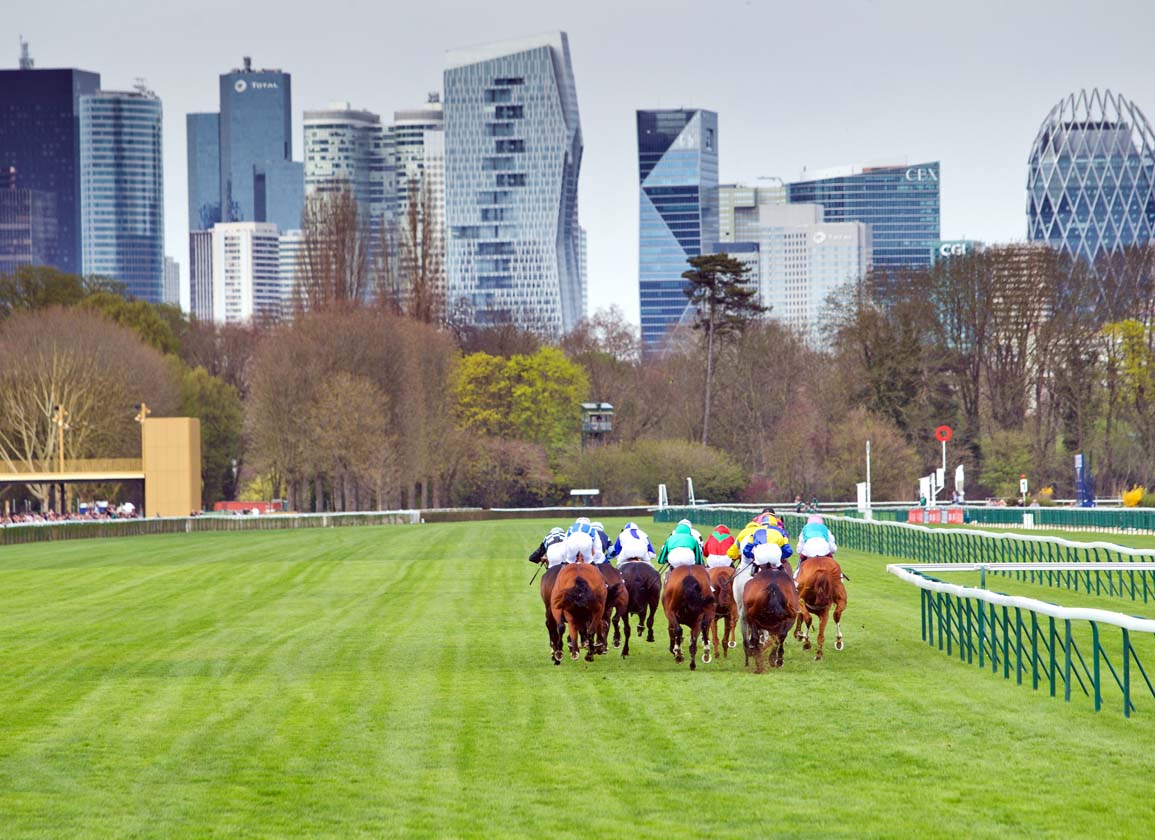World
How Europe is embracing industrial decline to become the world’s museum

Turning away from factories also risks beating swords into ploughshares just as war has arrived on the EU’s doorstep, underlining the need for heavy industry for the sake of security.
Jude Kirton-Darling at trade union group industriAll Europe says: “One of the lessons of the pandemic and the invasion of Ukraine is the need for strategic autonomy.”
Calls to focus on services and tourism instead of manufacturing fail to appreciate the vulnerabilities exposed by recent events, she argues, comparing it to the wave of globalisation of the 1990s which accompanied a turn away from industry.
“All that analysis was that services were the future for Europe, you could rely on global value chains, you could import things that are produced elsewhere in the world cheaper, and there were no consequences for that,” she says.
“But you create major vulnerabilities by pursuing that approach. We saw that in the pandemic in relation to basic medicines [and] semiconductors.”
There is also the likelihood that workers would not be best pleased with an industrial overhaul.
In Mallorca, the heart of some of Spain’s protests, Aleix Calveras Maristany, professor of business economics at the University of the Balearic Islands, says jobs in tourism are not always good substitutes for those in manufacturing.
“It is true that the Spanish economy is growing, to a large extent because it is dependent on global demand for tourism,” he says.
“But we should look at productivity and wages. A lot of the jobs are not highly paid, and they do not need a lot of qualifications.”
With warnings like that, German workers will need quite some persuading by the ECB if they are to give up hope on manufacturing and welcome visitors to their factories as museums instead.










